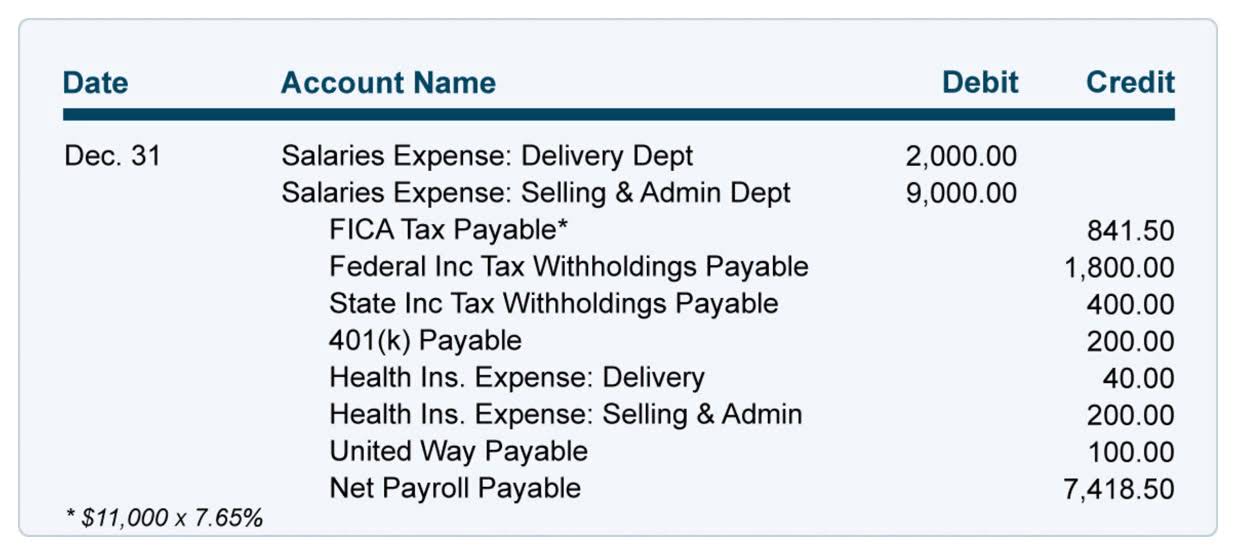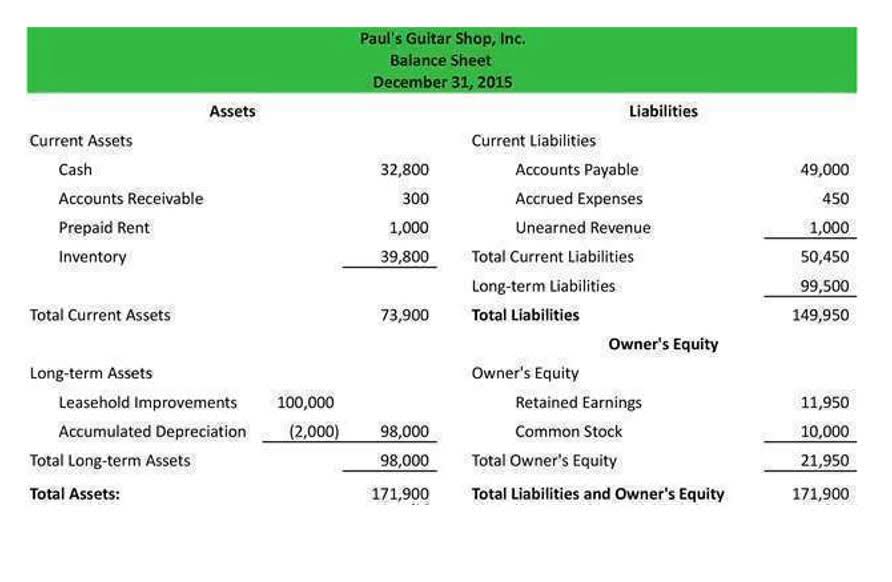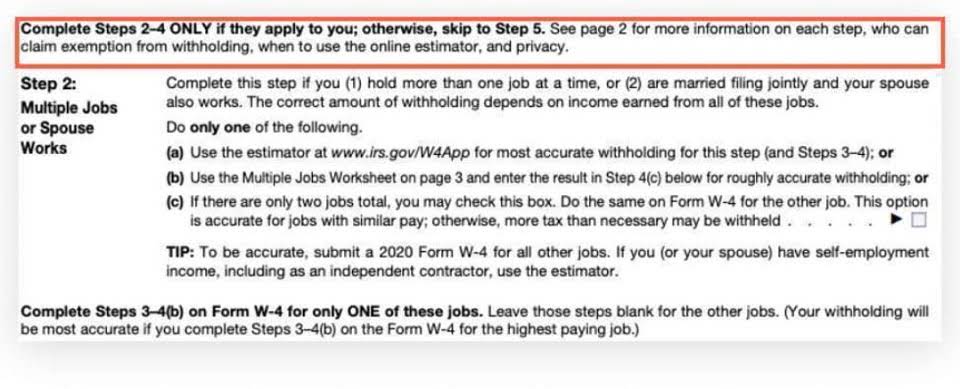
One viable option is investing in a certificate of deposit (CD), a safe and low-risk financial instrument that offers fixed interest rates. CDs are an excellent way to earn a predictable return on your association’s reserve funds while maintaining safety and ensuring preservation of assets. We’ve put together seven accounting best practices that all community association managers need to know about. Whether the associations you manage are big or small, smart bookkeeping undoubtedly plays a key role in the health of these communities.
- The balance sheet report shows you the financial condition of the homeowners association.
- Read the respective section of your software manual to understand the specifics regarding the creation of budgets in your software system.
- Conduct periodic audits of the HOA’s finances, either internally or via a third party.
- When selecting an HOA management company, consider their experience in handling HOAs similar to yours, the range of services they offer, and their pricing structure.
- Regularly share financial statements with the members and be ready to answer any questions they may have.
- With accrual accounting, you record revenue when it’s earned and expenses when they’re incurred, regardless of when money changes hands.
HOA Management Company

However, transitioning to accrual accounting is often advisable as an HOA grows and its financial matters become more complex. Some HOAs use this hybrid approach, which combines elements accounting for hoa of both cash and accrual methods. This allows for better cash flow tracking while also recognizing certain expenses and income when they are incurred or earned.
How Do You Conduct a Reserve Fund Study?
Your accounts payable report details all of your association’s payables. This report has a receivable counterpart, usually known as the account delinquency report, which shows all of the money owed to the association. Your income statement depicts your association’s income and expenses for the period specified (usually for the month). It lists down all your revenues as well as your expenses, deducting the latter from the former to arrive at your net income or loss. Even if you have a solid understanding of accounting principles, it still helps to get professional assistance.
How can community members get involved in budgeting processes?
- Therefore, you may not be able to push through with any pending legal cases with the homeowner or collect past due balances.
- Homeowners associations can choose to hire an HOA management company.
- Tracking payments, balancing budgets, and creating reports is challenging and time-consuming for someone without bookkeeping experience.
- If the homeowners association is self-managed, the treasurer will provide you with these reports.
One key area that requires careful attention is the management of the association’s reserve account. With interest rates currently ranging between 4.0% and 4.25%, associations have a valuable opportunity to maximize their returns on excess cash. Here are several tips to help your HOA or COA make end-of-year accounting a breeze.
- Some HOAs require all residents to pay an equal share, while others base the portion a resident pays on the square footage of their unit.
- Proper HOA accounting ensures the financial health and sustainability of the association.
- Ideally, the person who writes the association’s checks should be different from the person handling receivables.
- The CPA will also inspect the homeowners association’s contract for mistakes.
- It’s important for the homeowners association to retain final authorization over replacement and transactions.

From essential reports and accounts payable best practices to webinars dealing with collections during a pandemic, Community Financials has got you covered. Without accurate financial records, you could open https://test.oghagbonentertainment.net/2020/12/07/adjusting-entries-examples-step-by-step-adjusting/ yourself and your boards up to some big risks. For example, you could run out of money the next time an emergency expense pops up, forcing you to levy a special assessment on your residents.
For starters, if there is consistent record keeping, association directors can look back on previous financial years to identify patterns that could affect the current budget and adjust accordingly. If detailed records are not kept, it can be near-impossible to keep track of delinquent dues or know how much money is available to budget for community maintenance and new projects. When a homeowner declares bankruptcy, the first thing your HOA board should do is check with your attorney or management company. Keep in mind that there are certain bankruptcy laws that protect bankrupt homeowners.

Audits are beneficial because they offer an unbiased assessment of the community’s financials and can help to point out any discrepancies. During the audit, the financial professional you’ve hired will take the time to vet each financial transaction on your books, including contacting anyone who has done business with your association. If they find any discrepancies, they will point them out in their final audit report. An accounting standard is a set of policies for how accounting transactions must be handled. The most widely used set of accounting principles is known as the Generally Accepted Accounting Principles (GAAP).

It allows an HOA to manage and allocate funds for specific uses and retained earnings balance sheet keep clear records of where every dollar goes. Collecting money for reserve funds should be built into the fee structure for residents of the HOA. In other words, the monthly fee that’s charged to residents should include enough money for regular maintenance and services, as well as some money to set aside for the reserve fund. With interest rates at 4.0% to 4.25%, associations now have an opportunity to make their reserve funds work harder.